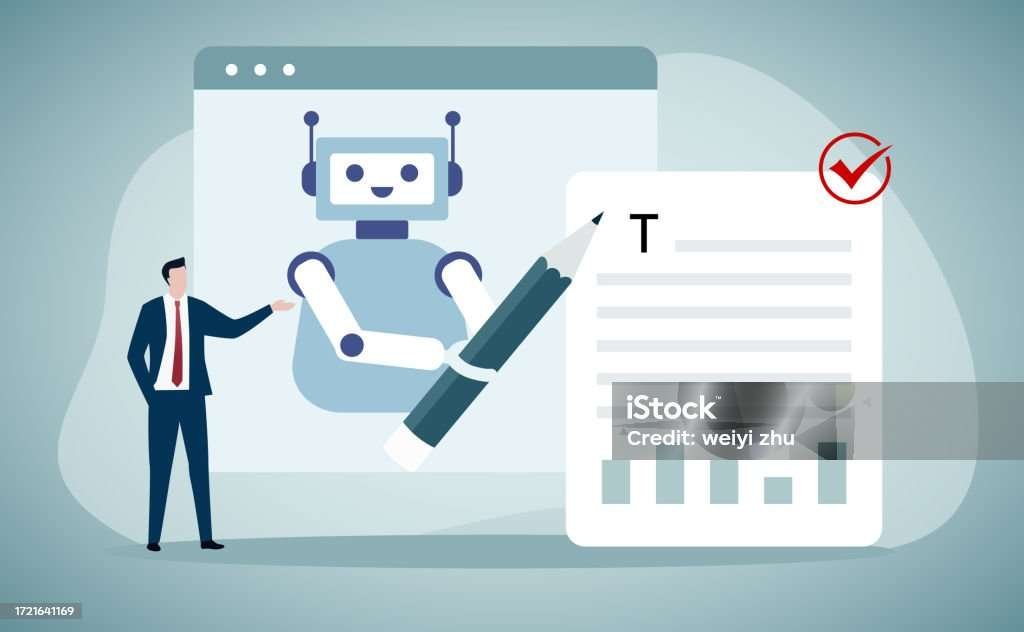Software as a Service (SaaS) refers to a software distribution model where applications are hosted by a third-party provider and made available to customers over the internet. Businesses subscribe to these services, usually paying on a subscription basis (monthly or annually), to access and use the software rather than owning it outright.
For business purposes, SaaS offers several advantages:
- Cost-effectiveness: SaaS eliminates the need for upfront hardware and software investments. Instead, businesses pay a subscription fee, often on a per-user basis, reducing initial costs.
- Scalability: SaaS applications are typically scalable, allowing businesses to easily adjust the number of users or features as their needs change.
- Accessibility and Convenience: Users can access SaaS applications from any location with internet access, using various devices like laptops, tablets, or smartphones.
- Automatic Updates and Maintenance: SaaS providers handle maintenance, updates, and patches, relieving businesses from the burden of these tasks.
- Integration and Collaboration: Many SaaS applications are designed to integrate seamlessly with other software, fostering collaboration and enhancing productivity.
There is a vast array of SaaS applications designed specifically for various business needs, such as:
- Customer Relationship Management (CRM): Managing customer data, interactions, and sales pipelines.
- Enterprise Resource Planning (ERP): Integrating core business processes such as accounting, HR, inventory, and supply chain management.
- Project Management: Collaborative tools for planning, tracking, and executing projects.
- Human Resources (HR): Tools for managing employee data, payroll, performance, and recruitment.
- Accounting and Finance: Software for managing finances, invoicing, budgeting, and bookkeeping.
- Communication and Collaboration: Tools for team communication, file sharing, and collaboration.
- Marketing Automation: Streamlining marketing processes, email campaigns, and lead generation.
When considering a SaaS solution for a business, it’s essential to evaluate factors such as security, data privacy, customization options, customer support, and the provider’s track record.




